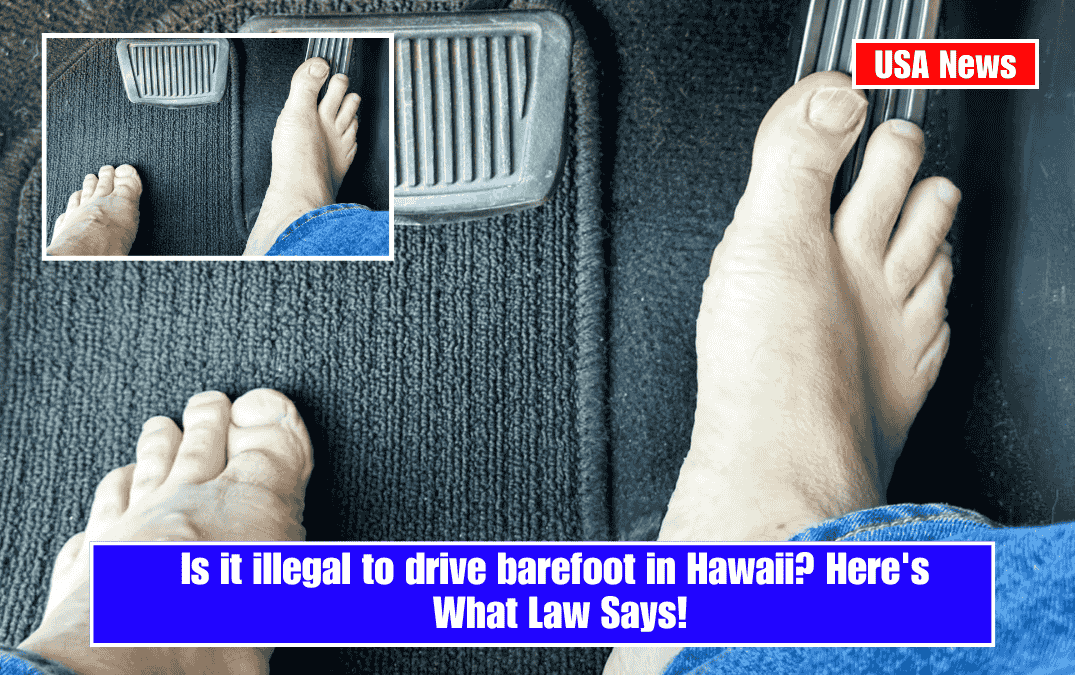In most cases, Arkansas police cannot search your phone during a traffic stop without your consent or a search warrant. However, there are important exceptions and nuances you should understand.
Your Rights Under the Fourth Amendment
The Fourth Amendment to the U.S. Constitution protects you from unreasonable searches and seizures. This means law enforcement generally cannot search your person, vehicle, or digital devices—including your phone—without a warrant, probable cause, or your consent.
When Can Police Search Your Phone?
1. With Your Consent
- If an officer asks to search your phone and you agree, they do not need a warrant or probable cause. You have the right to say no, and refusing consent cannot be used against you in court.
2. With a Search Warrant
- Police must obtain a search warrant from a judge by demonstrating probable cause that your phone contains evidence of a crime. The warrant must specify what they are searching for and be signed by a judge.
- Even after your arrest, officers typically need a warrant to search the contents of your phone, as established by the U.S. Supreme Court in Riley v. California (2014).
3. Probable Cause and Exigent Circumstances
- If police have probable cause to believe your phone contains evidence of a crime and there are urgent circumstances (such as preventing the destruction of evidence or an imminent threat), they may be allowed to seize and search your phone without a warrant.
- These situations are rare and must meet strict legal standards.
4. Search Incident to Arrest
- After an arrest, police can search you and the area within your immediate control for weapons or evidence. However, the Supreme Court has ruled that this does not automatically extend to searching the digital contents of your phone—they still need a warrant unless an emergency exists.
What If Police Take Your Phone?
- Police may seize your phone if they believe it contains evidence of a crime, even without a warrant. However, they cannot search its contents until they obtain a warrant, unless you give consent or an emergency exists.
- You are not required to provide your passcode or unlock your phone for police, even if they have seized it.
Exceptions to the Warrant Requirement
- Consent: You voluntarily allow the search.
- Exigent circumstances: There is an immediate risk of evidence being destroyed or a threat to public safety.
- Plain view: If illegal activity is visible on your phone’s screen while it is in plain sight, this could provide probable cause, but accessing further contents still generally requires a warrant.
What Should You Do If Asked to Hand Over Your Phone?
- Politely decline if you do not wish to consent. You can say, “I do not consent to a search of my phone.”
- Ask to see a warrant if police insist on searching your phone.
- Do not physically resist but clearly state your refusal to consent.
Key Takeaways
- Arkansas police cannot search your phone during a traffic stop without your consent or a search warrant, except in rare emergency situations.
- You have the right to refuse consent for a phone search.
- If arrested, your phone may be seized, but its contents generally cannot be searched without a warrant.
- Always ask to see a warrant and do not provide your passcode unless legally compelled by a court order.
Understanding your rights can help protect your privacy and ensure that any evidence obtained unlawfully cannot be used against you in court.
SOURCES:-
[1] https://www.johnwesleyhall.com/blog/2024/03/when-can-law-enforcement-officers-search-your-vehicle/
[2] https://arkansascourtrecords.us/warrant-search/
[3] https://coolidgelawfirmaz.com/can-the-police-search-through-my-phone/
[4] https://www.koffellaw.com/blog/search-and-seizure-of-cell-phones-by-law-enforce/
[5] https://www.nolo.com/legal-encyclopedia/if-the-police-arrest-me-can-search-cell-phone.html








